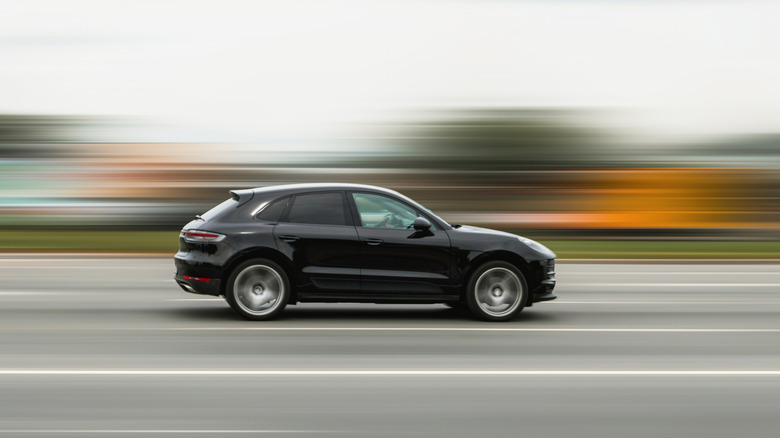A New Era in Road Safety: Virginia’s Speed-Limiting Devices
Getting caught speeding over 100 miles per hour is a serious offense, and Virginia is taking a bold step to address this issue. Starting July 1, 2026, the state will become the first in the U.S. to require certain reckless drivers to install speed-limiting devices in their vehicles. These devices, known as Intelligent Speed Assistance (ISA) systems, use GPS and map data to ensure vehicles do not exceed posted speed limits.
This initiative is part of a new law, HB2096, which gives judges an additional tool to manage dangerous driving without resorting to jail time or full license suspensions. Instead, convicted drivers can choose to install an ISA device as part of their sentencing. Once ordered by the court, the driver must install the device, pay for it, and use it for the duration specified by the court. Tampering with the device is considered a Class 1 misdemeanor, which could result in jail time.
The goal of this law is to reduce high-speed crashes and make roads safer. Similar efforts have been seen in other states, such as California’s NOTS system. The hope is that these measures will encourage responsible driving and prevent accidents caused by excessive speed.
How the Speed Limiter Works
The ISA technology functions by using GPS technology to recognize posted speed limits and then preventing the car from accelerating beyond those limits. Depending on the system used, it either resists further acceleration or cuts it off entirely. While not suitable for all drivers, Virginia courts can now order ISA installations for those convicted of extreme speeding. In some cases, the Department of Motor Vehicles may also recommend the device for drivers who accumulate too many demerit points.
Delegate Patrick Hope, a sponsor of the bill, emphasized the importance of this measure. “The top line is that speed kills,” he said. “The point behind this bill is to curb reckless driving or eliminate the threat.” For drivers, this could mean a chance to keep their license under specific conditions. However, the cost is significant — the device plus installation could run into several hundred dollars. Drivers are responsible for both the ISA device and its installation. “If people want their privileges to drive an automobile, they’ll pay it,” Hope added.
A New Legal Tool With Some Pushback From Drivers
Supporters of the law, including safety advocates like Amy Cohen, founder of Families for Safe Streets, view it as a common-sense approach. “The effort is so common sense that it is receiving bipartisan support across the country,” Cohen said. It’s not just Virginia — lawmakers in other states are reportedly considering similar laws.
Despite the support, critics raise valid concerns. What happens if the ISA malfunctions? Could it falsely accuse someone of tampering? What about affordability? There’s also the worry about privacy, since GPS-based systems log driving data, and some fear it could turn into a form of surveillance.
Civil rights groups are calling for clear limits on data use and better protections for lower-income drivers. However, Patrick Hope remains optimistic. “It’s amazing how these bills can hop from state to state and build momentum,” he said. “First it’s one state and then three or four, and next you hear it’s a dozen and then two dozen.” For now, Virginia is leading the way, and depending on how it goes, this might just be the start of a much bigger change on American roads.
Looking Ahead
As Virginia moves forward with this innovative approach to road safety, the impact of this law will be closely watched. If successful, it could inspire other states to adopt similar measures, leading to a nationwide shift in how dangerous driving is addressed. The focus remains on making roads safer while balancing the needs of drivers and the broader community.
For those interested in staying updated on tech and auto trends, subscribing to a free newsletter can provide the latest headlines, expert guides, and how-to tips, delivered directly to your inbox.






